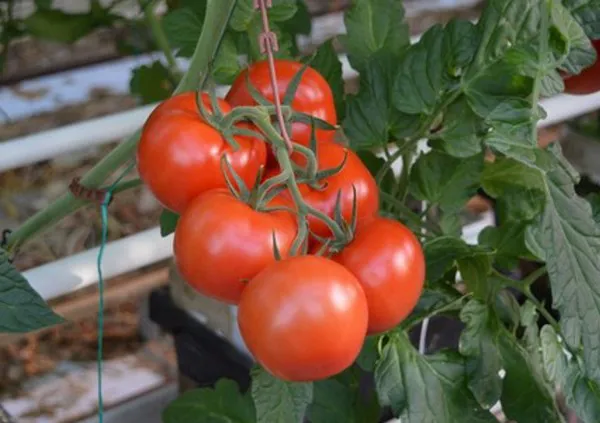The Ministry of Agriculture and Forestry of Turkey has decided to limit the exports of tomatoes until April 14, 2023. The ministry said in a statement that "due to the recent abnormal rise in the price of tomatoes in Turkey and the terrible consequences of the earthquake, which directly affected 11 provinces, it became necessary to take measures to ensure food security and stabilize prices."

According to one Turkish exporter who wished to remain anonymous, this decision will have a big impact on Turkish tomato growers and exporters: "The authority to restrict the export of tomatoes was given to the Ministry of Agriculture in Turkey. Currently, we are in a period during the extremely high harvest period of single-planting tomato production, where the number of tomatoes will increase due to seasonal warming in the weather. In this period, when the production costs are approximately 8-10 TL per kg, the cessation of exports is the minimum price prediction for the producers to be able to take their greenhouse maintenance costs and survive. With the effect of this decision on tomato prices, which will fall below the required price to cover these costs, as well as the loss of export markets, the production amount will be below the seasonal averages in April and May due to the loss of crops, lack of maintenance or the removal of the products in the greenhouses in the April-May period."
The Turkish tomato exporter is mostly worried they could lose all the markets that they've worked hard to build. "On top of that, it is possible that the markets that were obtained with difficulty from the competing producer countries for years will be lost in one single day. The loss of these markets will seriously affect the next year's production planning. Even if the tomato trade resumes on April 14, foreign chain markets will make agreements with other supplier countries, and it will take many years for Turkey to return to the level we were at. Competitor-producer countries will not give their products without special and long-term agreements. They will turn the situation into an opportunity to be binding."
In truth, the export ban could have a long-lasting effect on the Turkish tomato industry as a whole, the exporter feels: "Chain markets have placed heavy responsibilities on exporters and manufacturers in Turkey, which are under commitments. When the export permit is granted, the number of exporters with the financial strength to export will decrease significantly. The industry will suffer heavy damage. In addition, trade receivables in discontinued commercial activities will cause serious collection loss. The products prepared for foreign markets in the already contracted enterprises are currently within the scope of the ban, and the value of the losses will be expressed in millions of Turkish Lira."
EastFruit analysts believe the decision by the Turkish government will have a serious impact on the greenhouse tomato market in countries that depend on imports from Turkey already next week. Primarily, these are Ukraine, Moldova, Georgia, Romania, and several other countries, because it is Turkey that usually supplies the most greenhouse tomatoes to these markets in March.
For example, Ukrainian importers of greenhouse vegetables are already trying to find alternatives to Turkish suppliers from next week. Theoretically, they could be replaced by imports from Morocco, Iran, or even Spain (premium-quality tomatoes), but full replacement of Turkish supplies is impossible, as these countries may not have the necessary volumes of tomatoes needed right now.
Therefore, a serious jump in prices can be expected by the end of next week in the countries dependent on the imports of Turkish tomatoes, given their absence, and the only limiting factor may be one of the exceptions specified in the decision of the Ministry of Agriculture and Forestry of Turkey.
It says that exports to Northern Cyprus, Palestine, and Azerbaijan are not subject to the restriction, and it is the presence of the latter on the list of exceptions that allows us to conclude that Turkey has not completely disappeared from the regional greenhouse tomato market. Naturally, we are not talking about the re-export of tens of thousands of tonnes of products because, in Turkey itself, there is also a shortage of greenhouse tomatoes. Nevertheless, there is the possibility of re-export through Azerbaijan because it has already been a major re-exporter of vegetables and fruits from another neighboring country (Iran) until that time.
